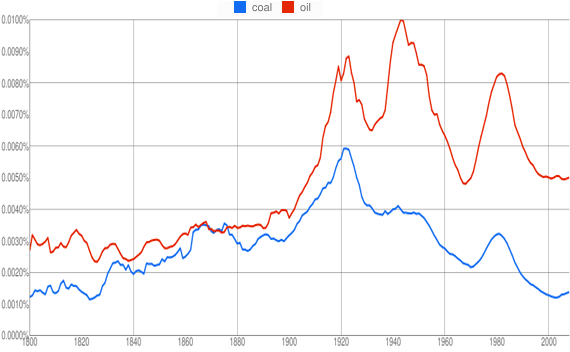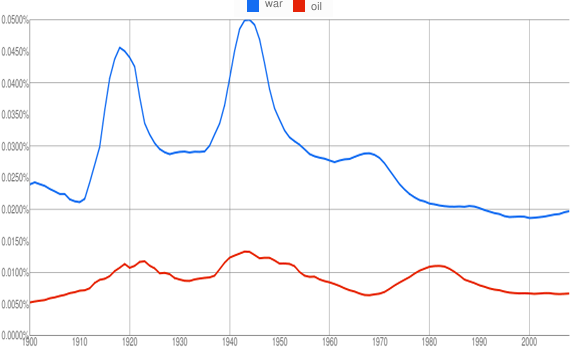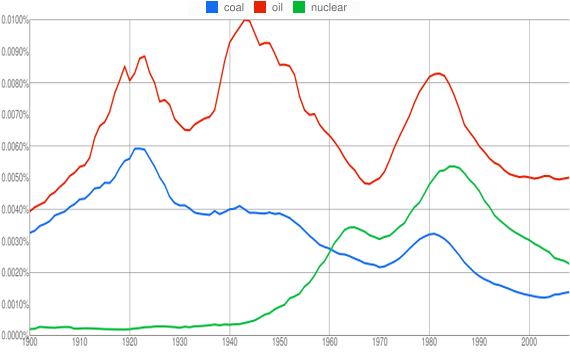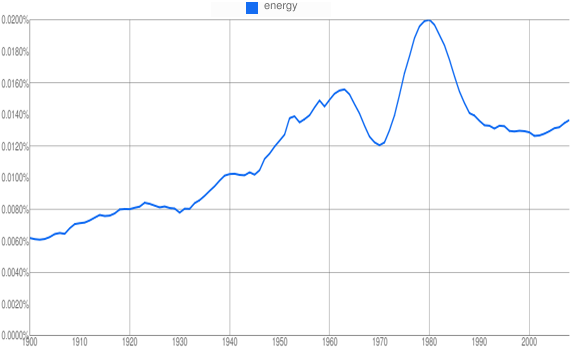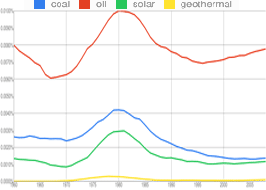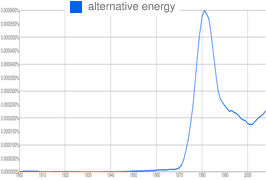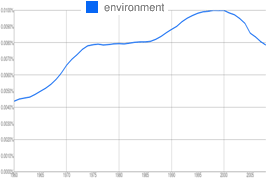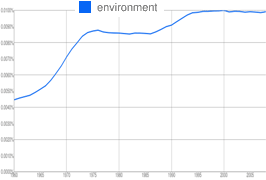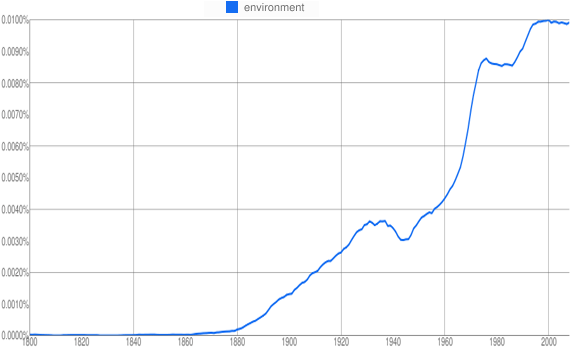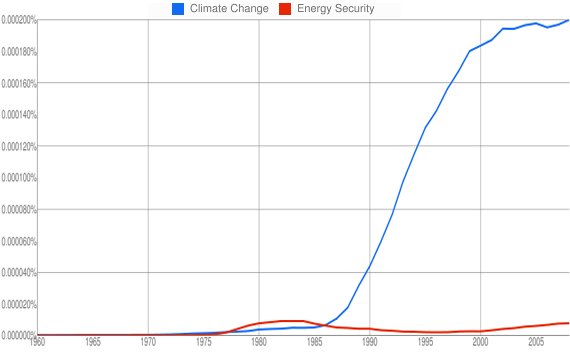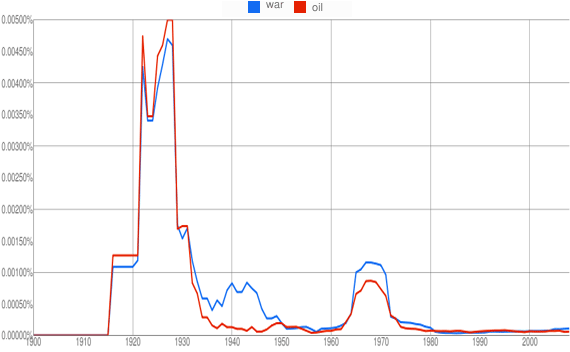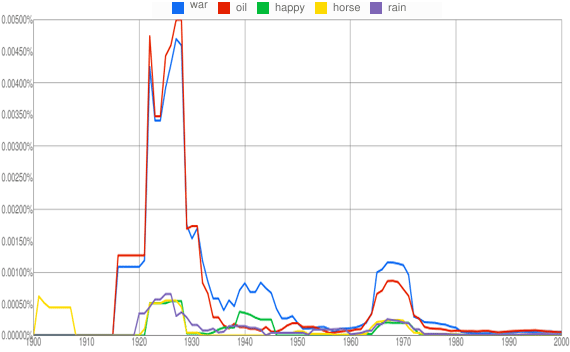Fun With Energy and Climate Ngrams
More on:
If you haven’t seen Google’s new "Ngram Viewer", you’re missing out. The tool allows you to see how often any word shows up within Google’s massive database of books, and to graph how that evolves over time. (Here’s a good run-down in the Journal.) Without further ado, then, here are some interesting tidbits about energy and climate.
Energy and Security
Mentions of coal and oil both spike around 1920, just after World War I. (I’m looking at English language books here.) But by World War II, coal no longer matters to military success, so only oil jumps.
War, by the way, is nicely correlated with oil in the first half of the 20th century, but after that, the two are pretty independent.
Coal begins a long decline around 1920, and is passed by nuclear in 1960.
All three fuels make comebacks around 1980, when general interest in energy peaks too, right after the big oil crises of the 1970s.
The rising tide of interest in energy lifts all boats: attention to solar and geothermal both see record highs at the same time, and use of the phrase “alternative energy” spikes to highs that we’re nowhere close to today.
Environment and Climate Change
Environment has taken a downward turn in the English language since 2000 (left) – but, somewhat surprisingly, it keeps going up if you only look at books published in the United States (right).
No matter how you slice things, it’s increased spectacularly over the last two hundred years.
And regardless what pollsters tell you, climate change is much more popular (at least among authors) than energy security.
China
I desperately wanted to get some insight into China by looking at statistics on Chinese books. And I was rather excited when I found this disturbing correlation between “war” and “oil”.
Then I threw in the words “happy”, "rain, and "horse", and found basically the same pattern.
Unless someone can offer a crackerjack theory that explains why these words go together, I’m going to conclude for now that this part of the Ngram database isn’t ready for primetime. [UPDATE: It turns out that you need to enter Chinese. Duh! I’d thought that Google was running English input through a translator. Take a look at the comments for an excellent Chinese graph.]
(Images from Google through creative commons license.)
More on:
 Online Store
Online Store
